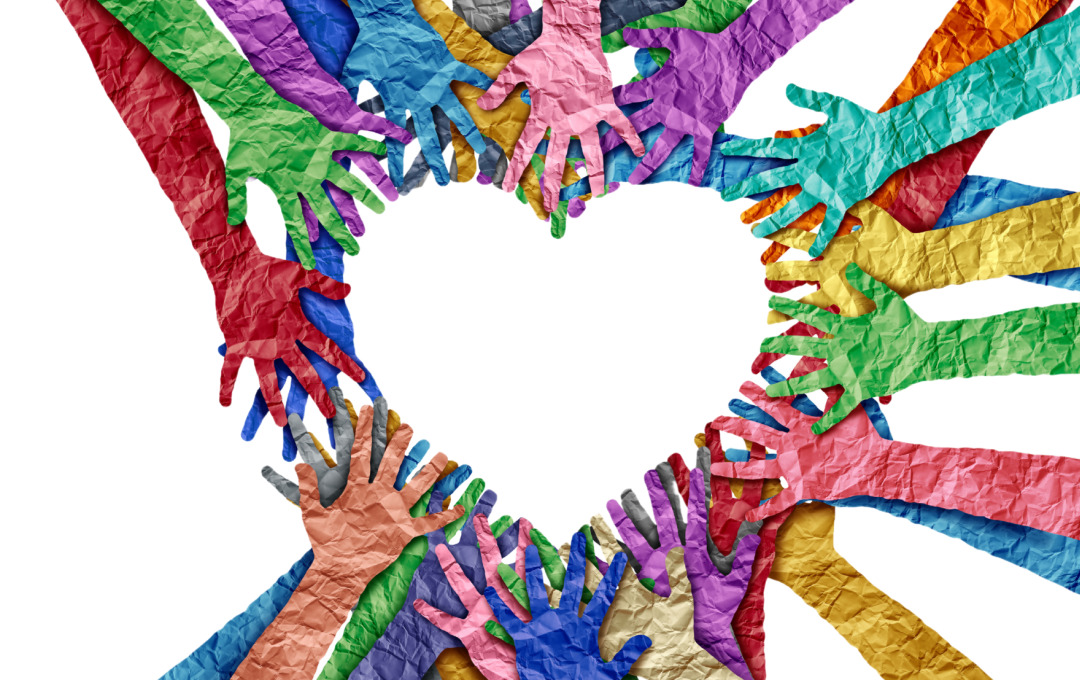Embracing difference

Kerry Watson, Mediation and Support Manager, reflects on the need for inclusive and flexible support that embraces neurodiversity in young people.
Neurodiversity is an incredible thing. All of us work and think in different ways, and it can be amazing to meet people who have completely different experiences and approaches to the same things. But unfortunately, we live in a society that forces a lot of people to conform to the “typical” ways of thinking and behaving, and as a result many neurodiverse people are pushed to their limits to try and fit in, and are often punished or met with confusion and anger for reacting honestly.
In Mediation and Support, we’re getting more and more requests for support for neurodiverse young people and their families. Autism, ADHD and other forms of neurodiversity often really affect people’s ability to communicate their needs and emotions to their loved ones, especially in the already rough teenage years. The combination of a parent’s difficulty understanding their child’s needs and behaviours and the young person struggling to make themselves understood and being pushed to mask their differences can often spiral into exhaustion, overwhelm and arguments, and can eventually blow up into big conflicts. In particular, many young people who are care affected are neurodiverse and this can have a negative impact on their communications with others.
Attempts to force neurodiverse people to fit into a narrow mould often create a lot of unnecessary conflict and trauma. To be able to support neurodiverse young people and their families, we need to be prepared to adapt to their needs and approaches, not worsen the strain by expecting these young people to communicate in ways that they don’t understand themselves.
There’s a lot we can do to help neurodiverse families manage conflict and build more positive futures. Often, parents might need support in communicating with and understanding their neurodiverse children, and young people need space to express and understand their needs, especially teenagers with (what may be deemed) “high-functioning” forms of neurodiversity that might mean they’ve flown under the radar when it comes to tailored support. Neurodiversity isn’t, in and of itself, harmful or painful – the differences between us are fantastic, and things like autism or ADHD are just one of many ways we all have different strengths and weaknesses. But in a society where neurodiversity is so often (misunderstood) or goes unnoticed, growing up neurodiverse often comes with a lot of pain and trauma. It doesn’t need to be that way, and getting adequate support and space to understand and express themself can make all the difference to someone’s future wellbeing.
In Mediation and Support at the moment, we’ve been working with Salveson Mindroom to train our team and our colleagues to be better prepared to build responsive, flexible support for neurodiverse people. Our team have taken part in Level 1 and Level 2 training on neurodiverse inclusivity, and we’re running training both within the team and with staff at the secure care units we work with. Many of the young people that end up in secure care are there because they have been unable to communicate their needs positively to others. Building our knowledge and skills around neurodiversity, we aim to adapt our delivery to help these young people build their confidence in communicating their needs positively to others, in ways which are understandable and suitable to them.
Making sure our whole team is skilled up and aware of the issues faced by neurodiverse people is vital to create a positive and healing experience, not just for the young people and families we support, but also so we’re better equipped to support each other and build a working environment that has space for our own neurodiversities.
Neurodiversity is a broad spectrum. All of us – young people and adults, people with diagnosed neurodivergences and those without, service users and support workers – have our own unique needs, approaches, strengths and worries. All of us benefit when we make difference the norm.
Through taking a thoughtful, informed approach to neurodiversity, embedding trauma-informed practice across all areas of support, and making space to listen and respond to people’s individual needs, we’re working to make sure our support is flexible, responsive and doesn’t put extra pressure on neurodiverse people already working flat out to adapt to a world that all too often refuses to adapt to them.